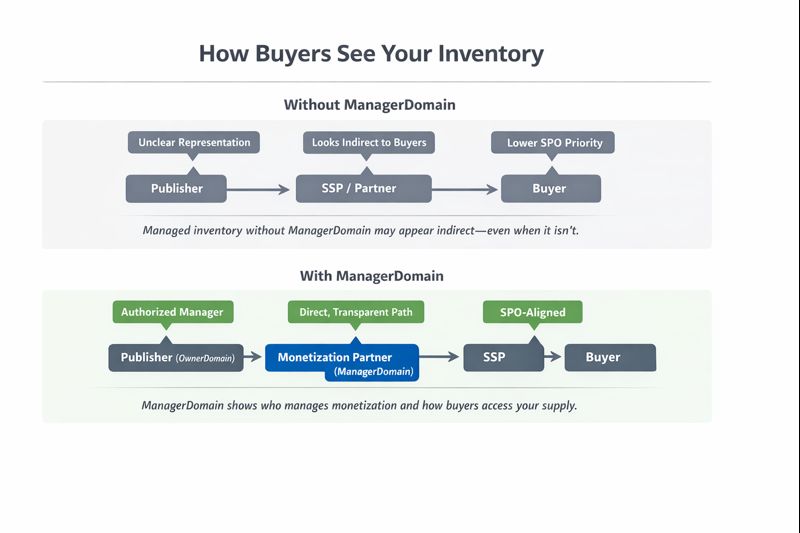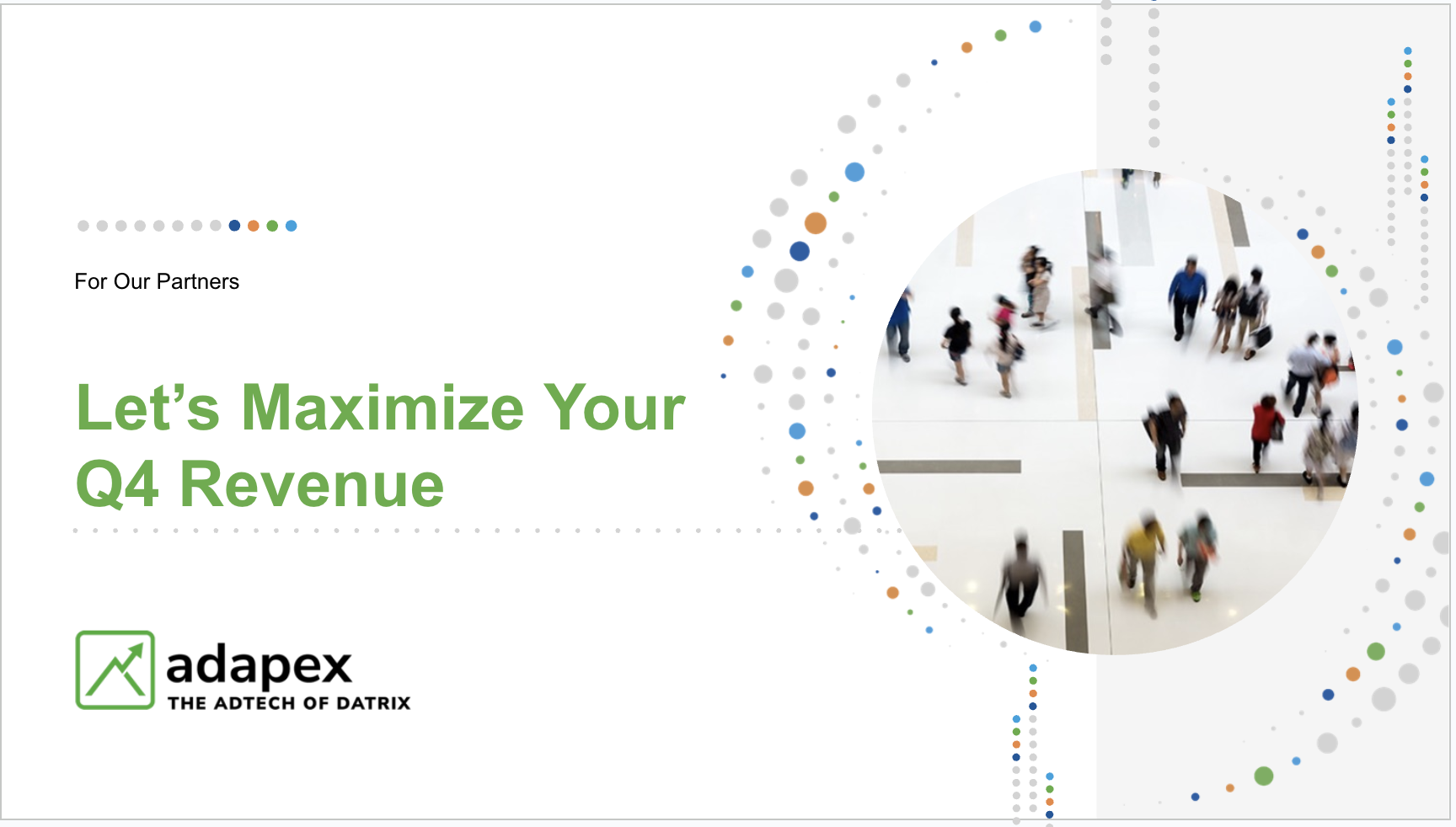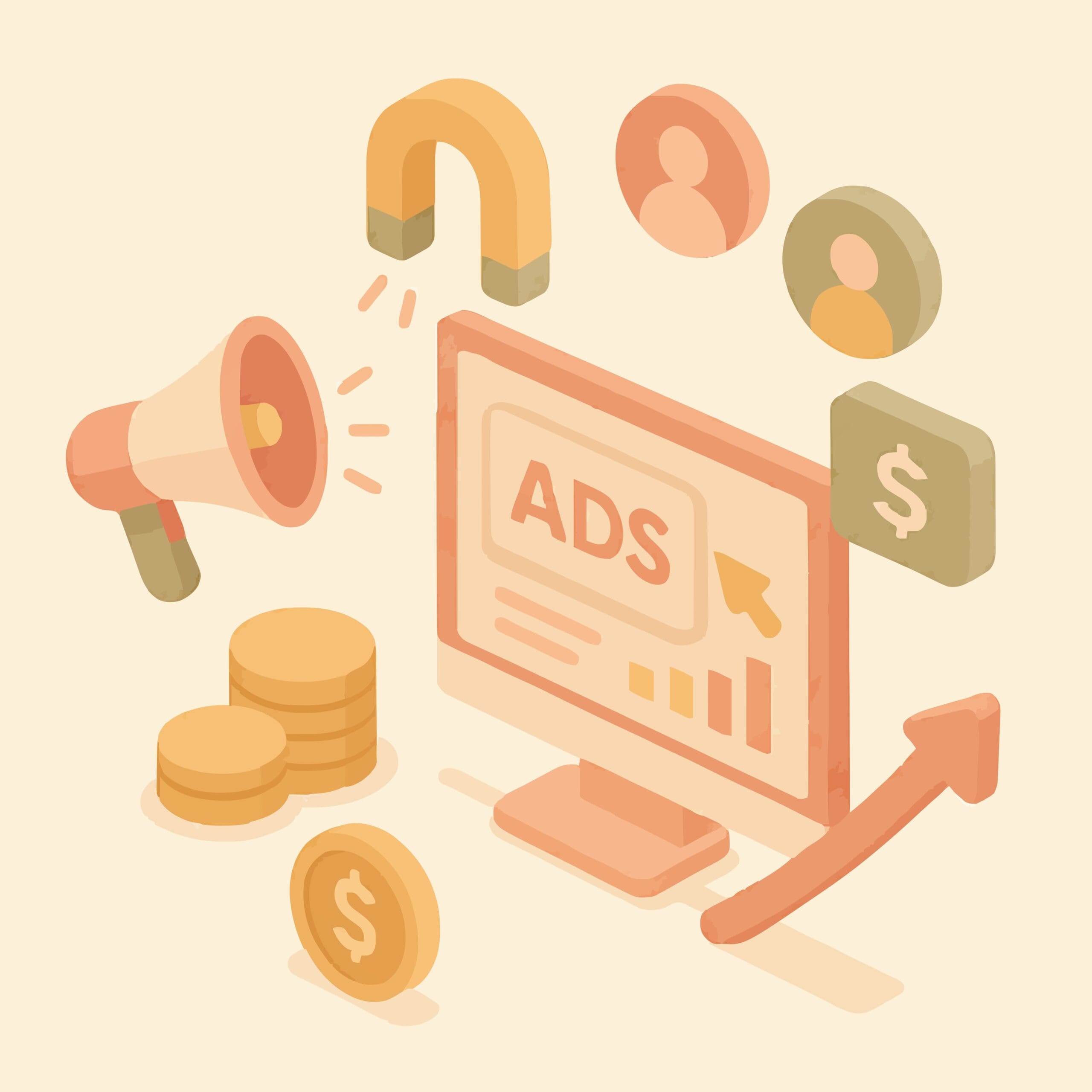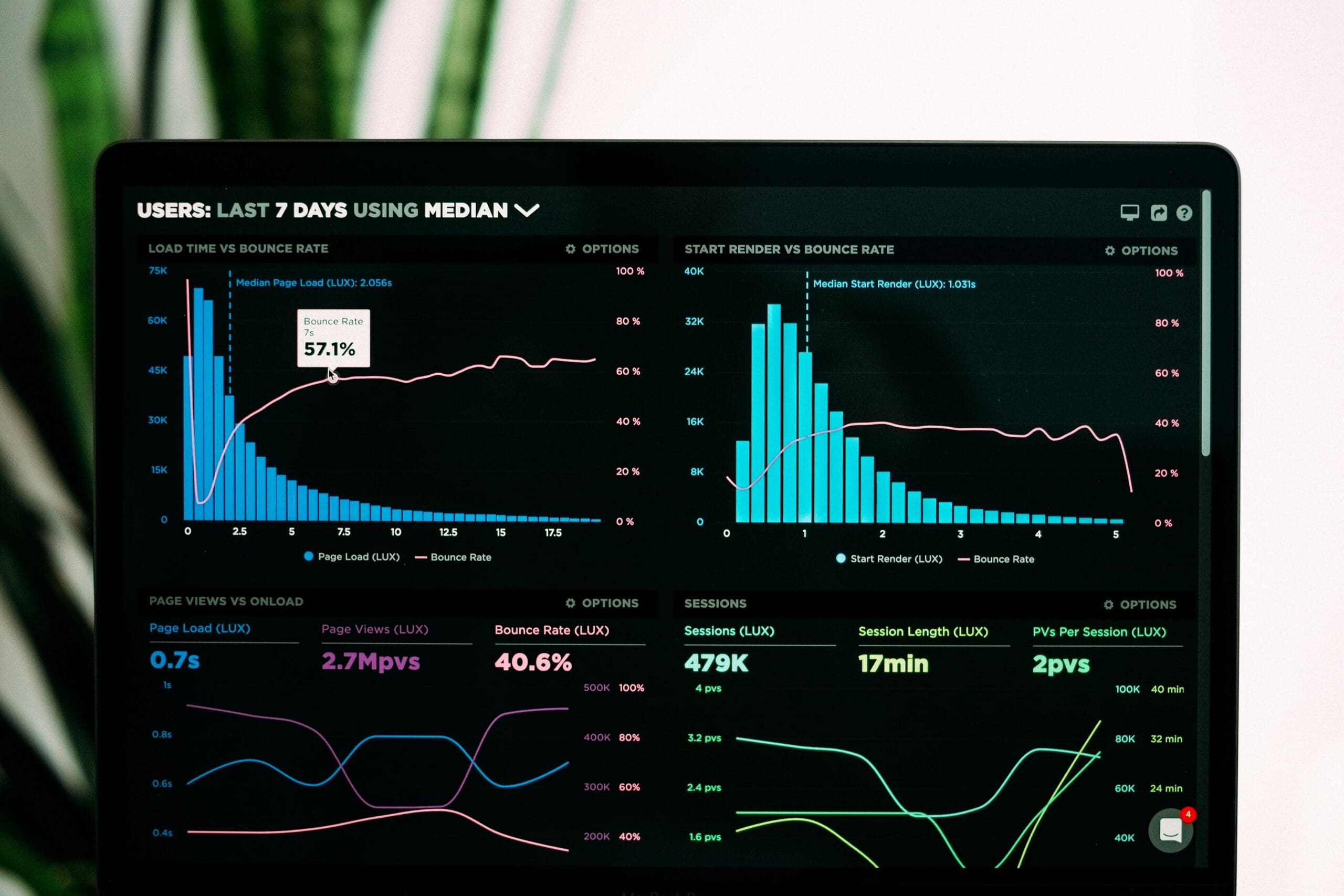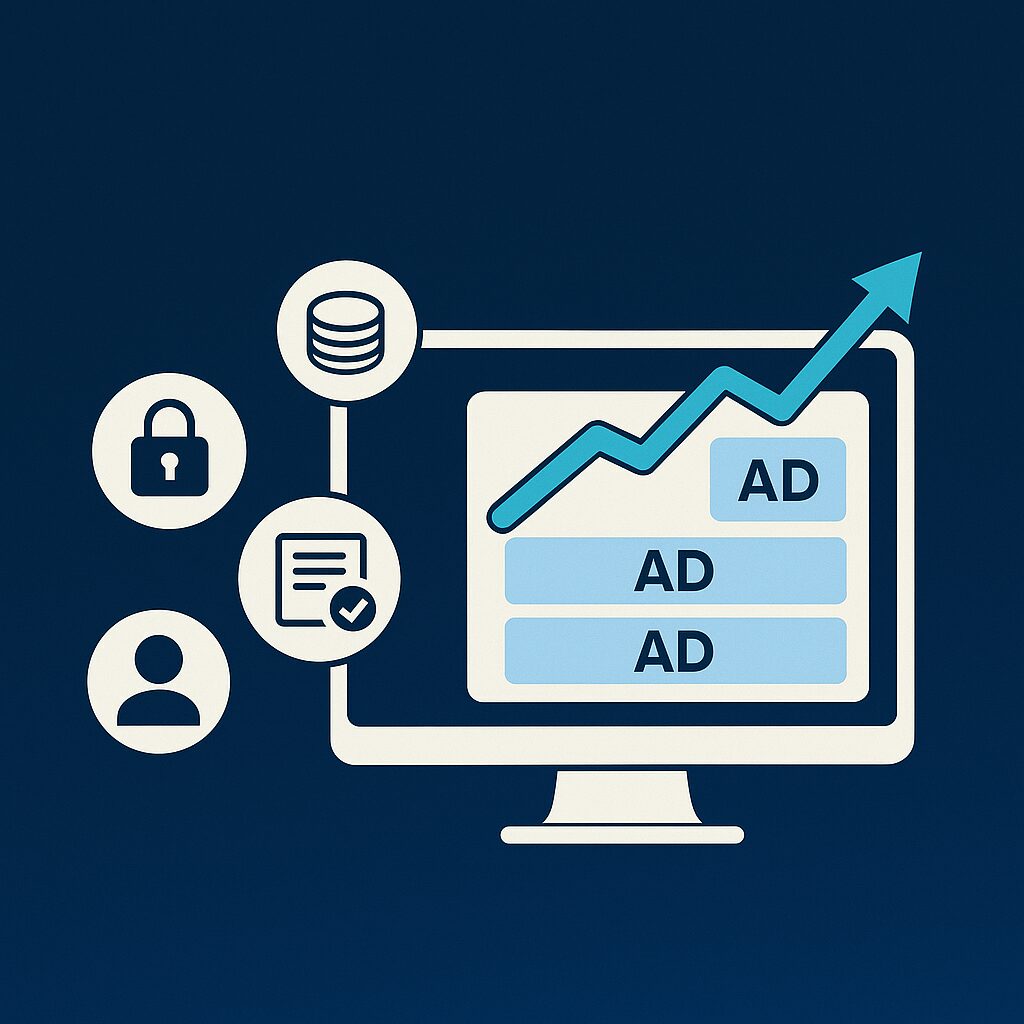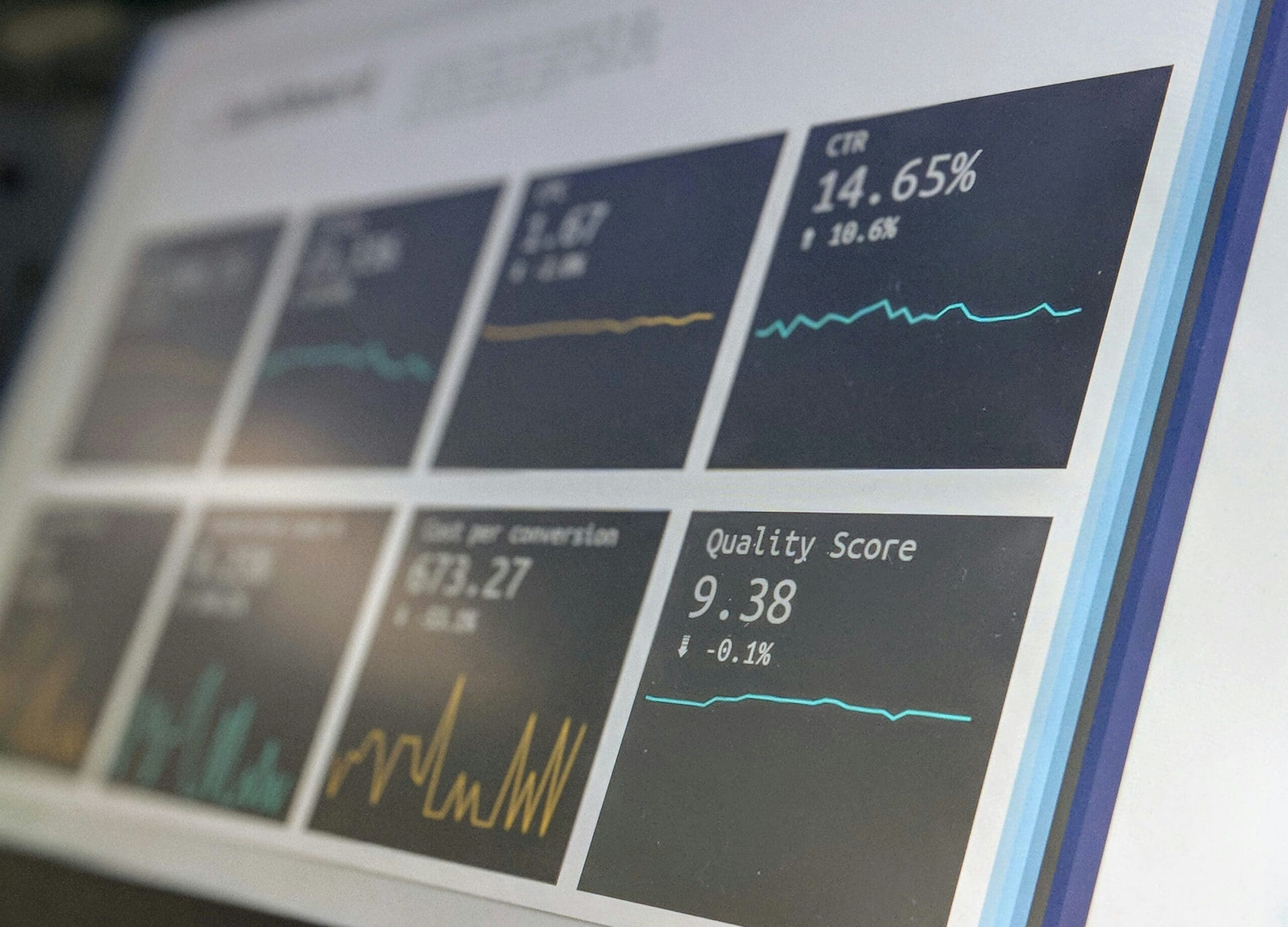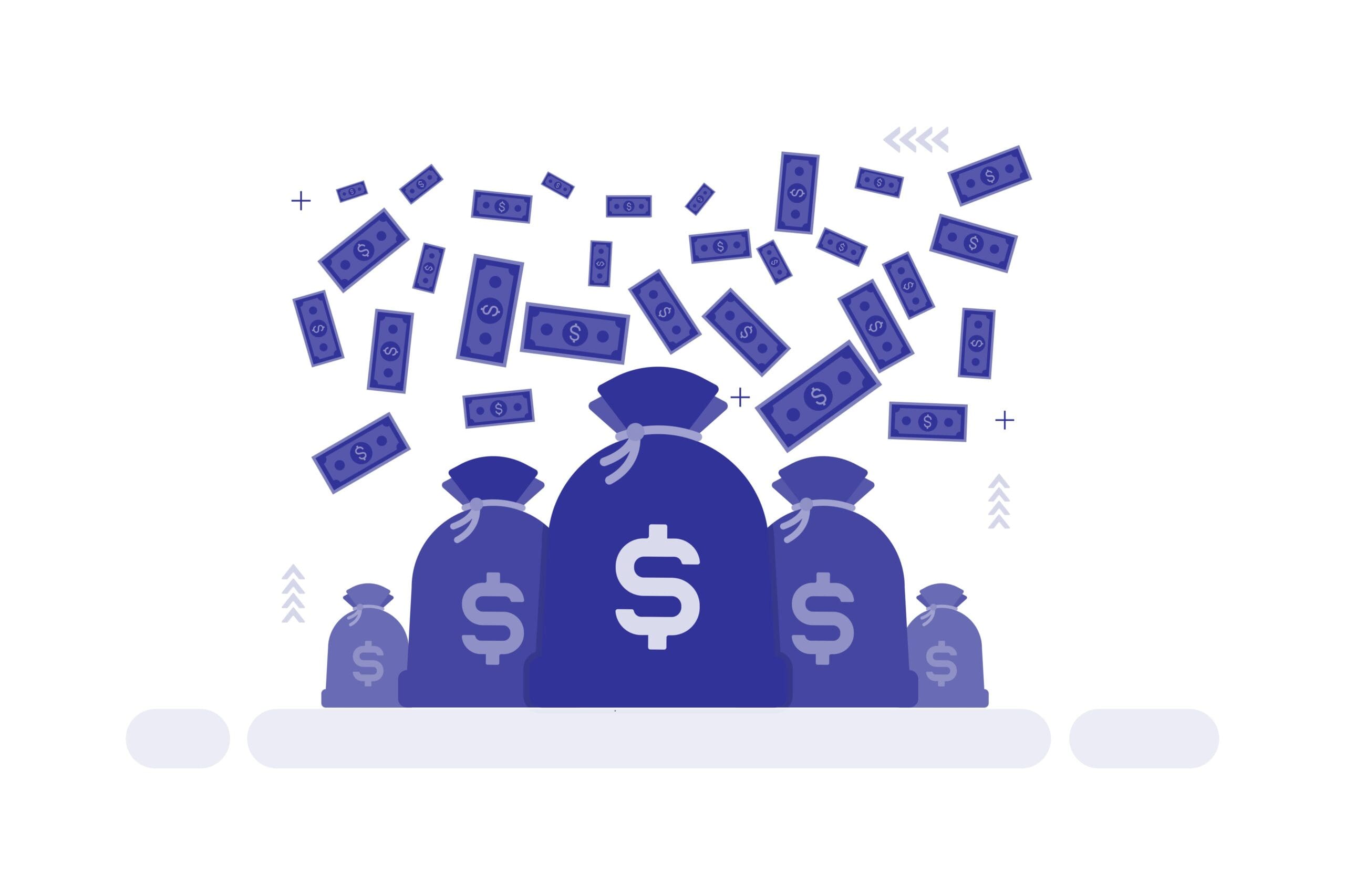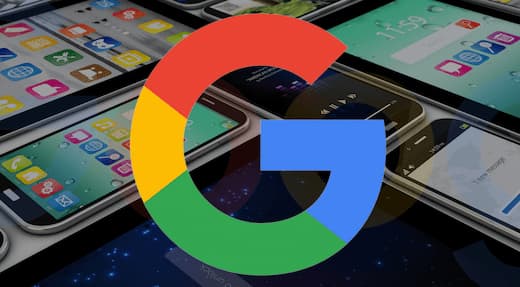At this year’s Prebid Summit in New York, industry leaders tackled the issues reshaping digital publishing, from AI’s impact on content discovery to sell-side decisioning, curation, and the evolution of open-source infrastructure.
For publishers, the message was clear: the open web is still full of opportunity — but collaboration, transparency, and innovation will determine who thrives.
Prebid’s Message: Progress Depends on Participation
Prebid.org President Michael Racic and Board Chair Garrett McGrath (Magnite) opened the day with a challenge to the industry:
“Progress is hard, but collaboration creates progress.”
They encouraged all parties to stay engaged and contribute their voices as Prebid continues to shape the standards that support independent monetization.
Prebid’s open-source foundation is built for exactly that, empowering publishers to experiment, innovate, and grow revenue while helping shape the direction of programmatic advertising itself.
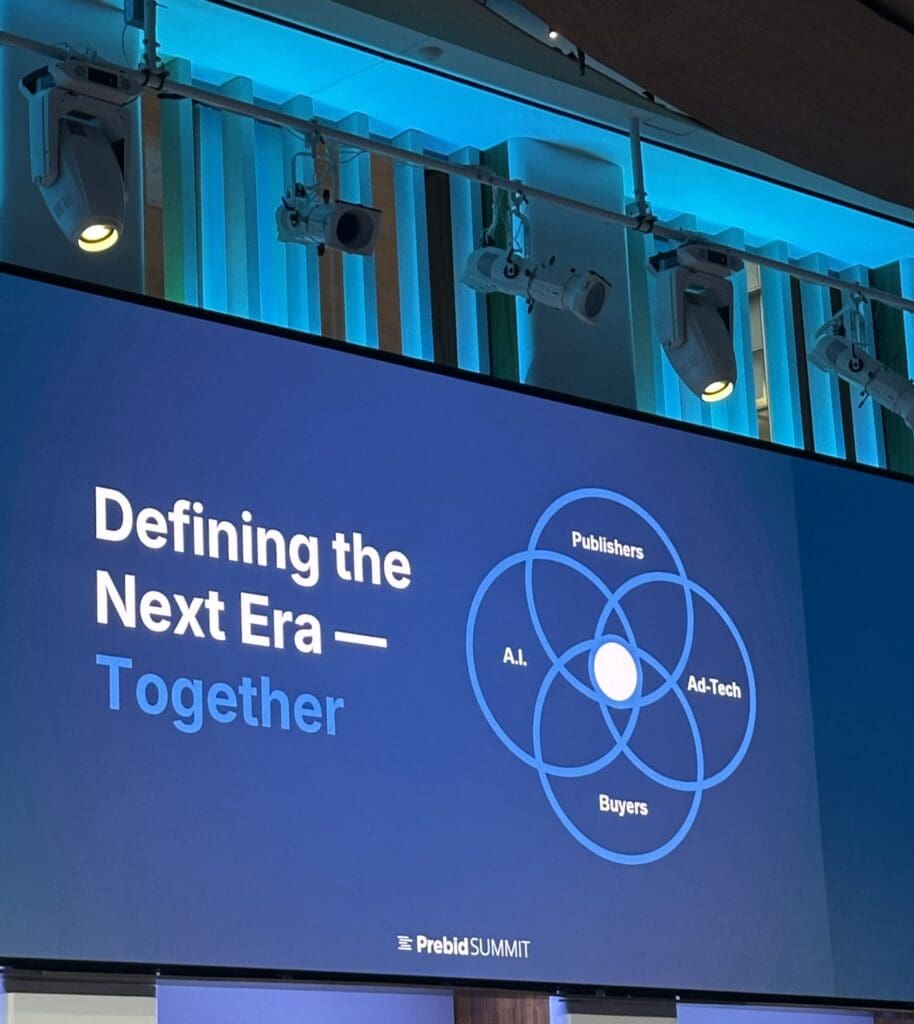
AI: A Disruption That Opens Doors
In a keynote that struck both realism and optimism, Ari Paparo (Marketecture Media) described AI as a “wave” that’s rewriting how audiences find and engage with content but also creating new ways for publishers to build value.
With referral traffic shrinking and generative AI rewriting the rules of discovery, publishers must focus on:
- Owning their audiences through strong first-party relationships
- Experimenting with new monetization and targeting approaches
- Testing and iterating — Prebid’s flexibility makes A/B experimentation easy
Speakers also discussed early moves toward AI monetization and the creation of standards like llm.txt (to guide how large language models read site content). For publishers, these steps signal a growing need to balance content protection, transparency, and new revenue opportunities in an AI-driven web.
The Auction Debate: More Choice, Not Less
One of the day’s most-watched sessions brought Jeff Green (The Trade Desk) and Garrett McGrath (Magnite & Prebid.org) together to address how buyers and sellers can better align around the auction itself.
Green emphasized that “the auction isn’t inherently sell-side — buyers and sellers both want fairness.”
His introduction of PubDesk and OpenAds aims to enhance clarity and verification across transactions, complementing Prebid’s open approach rather than competing with it.
Mike O’Sullivan outlined OpenAds features that could strengthen trust in the process, signaling a shared industry goal: more transparency, less waste, and better returns for publishers.
Sell-Side Decisioning (SSD): Opportunity With Guardrails
A key session for publishers focused on Sell-Side Decisioning (SSD), the emerging framework that brings more buyer insight and control to the sell side.
Raquel Rosenthal (Adapex) spoke directly to what this means for publishers:
SSD represents a move in the right direction — one that can bring richer targeting data, greater efficiency, and better access to demand. But it must also stay accessible, particularly for smaller publishers.
“From a publisher perspective, Sell-Side Decisioning is a positive step forward. It gives publishers the ability to harness their first-party data and contextual signals to create richer, more precise audiences.” she noted. “While there are challenges in standardization and execution, it ultimately benefits both sides: buyers gain access to higher-performing audiences, and publishers should see improved yield.”
Panelists agreed that SSD, when standardized, helps both sides — buyers gain richer targeting signals, while publishers gain visibility and leverage in how their impressions are valued.
- For publishers, better access to the data that buyers value most and greater control over how inventory is presented, priced, and accessed by buyers
- For buyers, more accurate and transparent targeting
- For everyone, a more efficient, standardized framework that reduces duplication and fees
The takeaway for publishers: SSD is not something to fear, it’s a chance to take greater control of your data and demand strategy.
Curation: Clarity Through Data and Partnership
The panel on Curation addressed one of the biggest questions — where does the value really flow, and how can it be made transparent?
Michael Chock (Smart Media Technologies) shared test results showing curated deals were 5–10% more expensive but 20–25% more effective. Buyers, he said, often feel they receive more transparency from curated partnerships than directly from publishers.
This prompted an important takeaway:
Publishers must know who their partners are, where fees occur, and what value is added.
Curation can be a tool to get closer to advertisers, leverage first-party data, and drive higher CPMs — but only if transparency flows both ways.
As Jake Sullivan put it, “There’s more room for collaboration than risk of competition.”
The Publisher Takeaway
The 2025 Prebid Summit made one thing clear: publishers still hold the key to the open web’s success.
To stay competitive, publishers should:
- Keep experimenting with new monetization and identity strategies
- Lean into collaboration — with partners, buyers, and standards bodies
- Invest in data and technology that make inventory more valuable and more transparent
Progress isn’t easy, but it’s happening — and publishers who stay engaged will shape how the next chapter of digital monetization unfolds.
Adapex Perspective
While much of the Prebid Summit conversation was highly technical — centered on data pipelines, auction logic, and interoperability — the broader takeaway was about alignment. The industry is clearly moving toward a model built on trust, transparency, and shared standards that strengthen the open web for everyone involved.
AI and automation dominated the discussion, but beneath the technology was a simple truth: the relationship between publishers and their audiences remains the foundation of digital advertising. As new tools emerge — from AI-driven optimization to server-side intelligence — publishers that understand their users, create authentic content for them, and manage data responsibly will be best positioned to thrive.
Speakers also emphasized that the AI and identity shifts are converging — and that innovation must go hand in hand with privacy, ethics, and user respect. The next phase of the internet will be defined not only by performance but by trust: how openly data is shared, how clearly value is defined, and how well publishers and advertisers work together to sustain a healthy ecosystem.
For Adapex, the Summit reinforced that progress in this space requires collaboration. Whether it’s advancing open frameworks, improving signal quality, or enabling smarter monetization paths, every improvement brings the ecosystem closer to a more efficient, transparent, and sustainable future.






